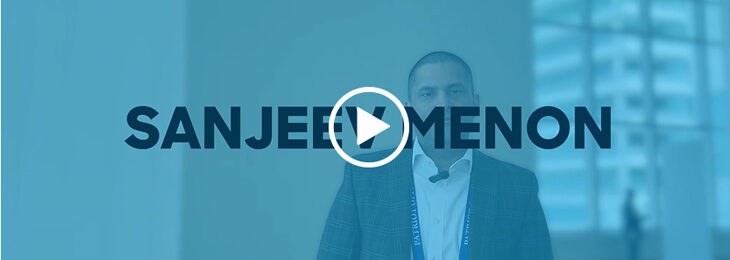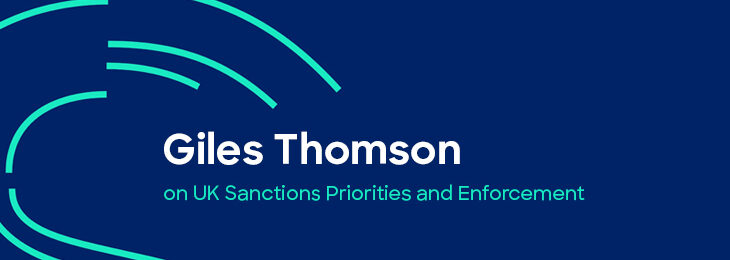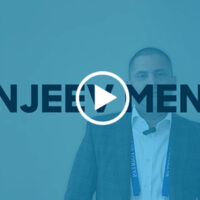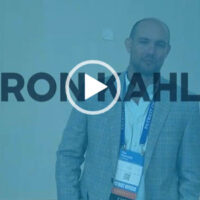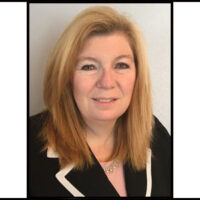
ACAMS Today chatted with Natalie Soto for Hispanic Heritage Month. Soto is presently the vice president, assistant Bank Secrecy Act (BSA) officer at Pacific Western Bank (PWB). She is an active member of the InfraGard program (FBI-affiliated nonprofit organization) and the Association of Certified Fraud Examiners (ACFE) San Diego Chapter. Since 2017, Soto has been a Certified Fraud Examiner (CFE) through ACFE. She has also held the Certified Fraud Investigator (CFI) designation through the California Financial Crimes Investigators Association since 2015.
Prior to joining PWB, Soto was the vice president, Bank Secrecy Act/Office of Foreign Assets Control (BSA/OFAC) officer for over five years at Seacoast Commerce Bank in San Diego, California. She was previously the assistant vice president, assistant BSA officer at a local community bank. Soto has substantial banking experience in community banking, border banking and operational compliance dating back to 2003 when she began her banking career.
Soto has been an ACAMS member since 2013 and has been a Certified Anti-Money Laundering Specialist (CAMS) since 2014. She joined the ACAMS Southern California Chapter board in 2015 as the communications director for over two years prior to forming the ACAMS San Diego – Baja California Chapter in 2017.
Soto also served as the vice president/treasurer for the Banker’s Toolbox West Coast Regional User Group from 2015 to 2019. She attended San Diego State University where she studied English and wrote for the school newspaper.
ACAMS Today: What led you to begin your career in anti-financial crime (AFC)?
Natalie Soto: I remember working in an operational compliance role at a community bank, and our BSA officer at that time needed help with BSA-related research. She reached out to me to assist her with what I now know as enhanced due diligence (EDD) reviews of higher-risk customers. This opened my eyes because up to that point, I didn’t know this aspect of banking existed. I had previously worked in retail banking and once I transitioned to community banking, I was exposed to a whole new world of banking: audit functions, risk management, BSA and anti-money laundering (AML)—you name it! From there, she began to train me on other BSA-related matters. It wasn’t long after that when I started my first full-time position as a BSA compliance analyst. Throughout the years, she continued to mentor me and pushed me to get CAMS certified. She invested in me and supported me by helping me study for the CAMS exam. In part, although I fell into this field, it truly was my calling.
AT: According to the Federal Deposit Insurance Incorporation, unbanked rates are higher among Hispanic households. How can banks of all sizes begin to address unbanked groups?
NS: I believe that we, as the banking community, need to first understand the cultural composition of Hispanic households and why they have higher rates of being unbanked and underbanked. Often, Hispanic households rely on alternative financial services to carry out their financial needs for many reasons, but that usually leads to higher service fees for this group compared to traditional banking. It’s essential that the Hispanic community have access to banks in their communities, where they live and work, and have financial support to have them better understand the banking system. In doing this, we can serve them and reach them equally and equitably as we would other communities. Also hiring frontline staff that looks and speaks their language will better serve to bridge that gap.
AT: What are the most prominent issues in the fraud space today?
NS: In my opinion, social engineering and cyber trends (which include digital currency, identity theft and phishing) are the most prominent issues in fraud today. Specifically speaking to cyber fraud, cybersecurity remains a high priority for financial institutions regardless of asset size due to the high stakes of magnified risks related to these crimes.
AT: Having been a board member for two ACAMS Chapters, how would you encourage ACAMS members to join a chapter?
NS: The pandemic taught me that leaning on my professional community was also paramount in addition to family and friend support. Our chapter held several learning events that reached AML professionals outside of our region and gave us an opportunity to connect and network. We were given the space to work collaboratively across the nation with speakers that we normally wouldn’t have the capacity to do so. During these unprecedented times, ACAMS has allowed for these learning events to be free of charge to attendees, and I think that has been the best deliverance to have nonmembers experience how a professional organization can introduce them to other likeminded professionals and hear from leaders in this space.
AT: This year’s theme for Hispanic Heritage Month is “Esperanza: A Celebration of Hispanic Heritage and Hope.” What do you hope for the future of the AFC industry?
NS: I’d hope to see other Hispanic/Latino AML professionals in this space leading the way for younger generations who may be starting their career in this space.
Interviewed by: Stephanie Trejos, CAMS, editor, ACAMS, TX, USA, strejos@acams.org


